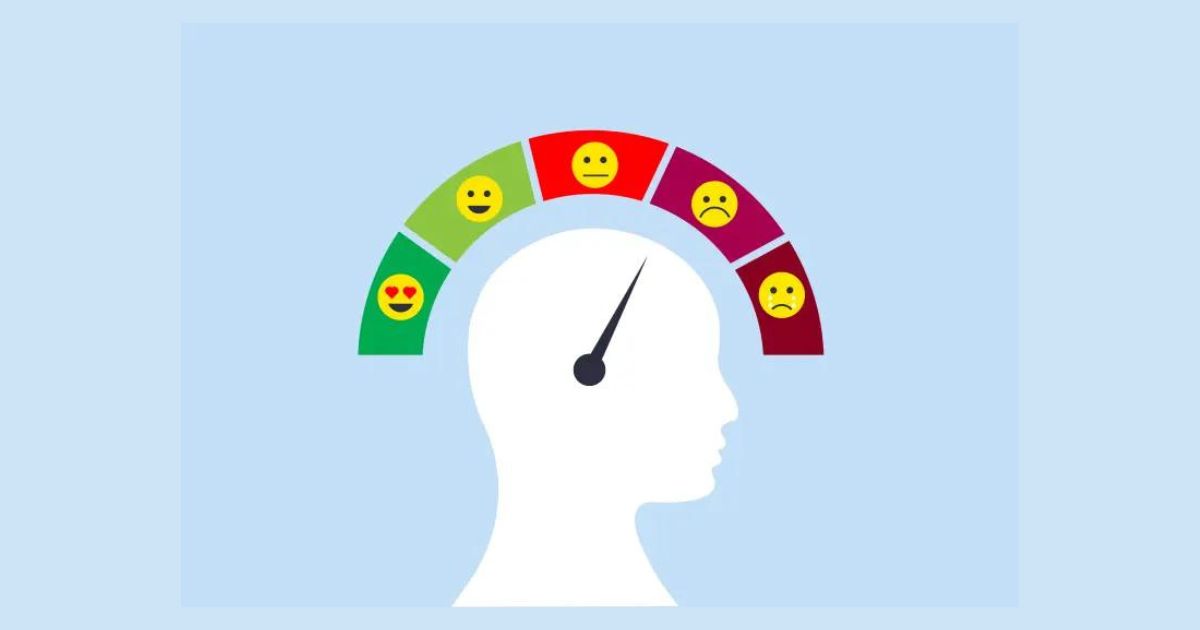In a concerning revelation, a recent study conducted by researchers at the University of Sydney has shed light on the deteriorating mental health of individuals born in the 1990s. Contrary to expectations, the study found that millennials are not experiencing a recovery in their mental well-being as they age, marking a stark contrast to previous generations.
The study, published in the Proceedings of the National Academy of Sciences, indicates a significant and consistent decline in mental health across successive generations since the 1950s.
What’s particularly alarming is that mental health challenges, initially perceived to predominantly impact younger generations, are now extending their effects into older age groups, raising questions about the long-term consequences.
Lead author Dr. Richard Morris, a senior research fellow in the University of Sydney’s Faculty of Medicine and Health, emphasized the shift in patterns observed in the study.
“Much of the focus to date has been on the declining mental health of school-aged children and adolescents, where we expect their mental health to eventually improve as they enter adulthood. But this study shows this pattern is changing and that it is not just the kids we need to worry about,” stated Dr. Morris.
Millennials And Their Declining Mental Health
The research aimed to unravel the mystery behind the declining mental health in Australia since around 2010. Researchers tracked changes in the mental health of over 27,500 Australians from 2001 to 2020, analyzing each age group over the specified timeframe.
One of the notable findings is the worsening mental health of the youngest generations, with individuals born in the 1990s facing persistent challenges that do not ameliorate with age, unlike previous generations.
According to the study, “Population-level trends in mental health have been declining in developed nations for many years, especially among young people. The findings from this study highlight that it is the poorer mental health of Millennials that is driving the apparent deterioration in population-level mental health.”
The impact of social media emerges as a prominent factor contributing to the mental health decline. The study points to excessive screen time and the influence of social platforms as significant drivers of increased anxiety, depression, and addiction among younger generations.
Furthermore, the study theorizes that climate change, a lack of physical activity, poor sleep, and evolving work structures may also be contributing to the distressing trend.
While acknowledging the study’s limitations in accounting for increased community awareness of mental health and reduced stigma, the researchers are not optimistic about the trends continuing as Gen Z and Gen Alpha grow.
“This represents important evidence that declines in mental health among young adults may not be expected to spontaneously recover or disappear,” the researchers noted in a statement.
The research team hopes to utilize the data as a foundation for identifying the root causes of mental health challenges among young people and implementing interventions to curb the trend before it exacerbates further.
In conclusion, the study serves as a wake-up call to address the pressing mental health concerns of millennials and prompts a closer examination of the multifaceted factors contributing to the alarming decline.








Leave a Reply
You must be logged in to post a comment.